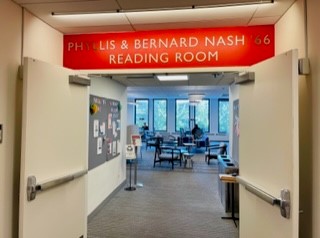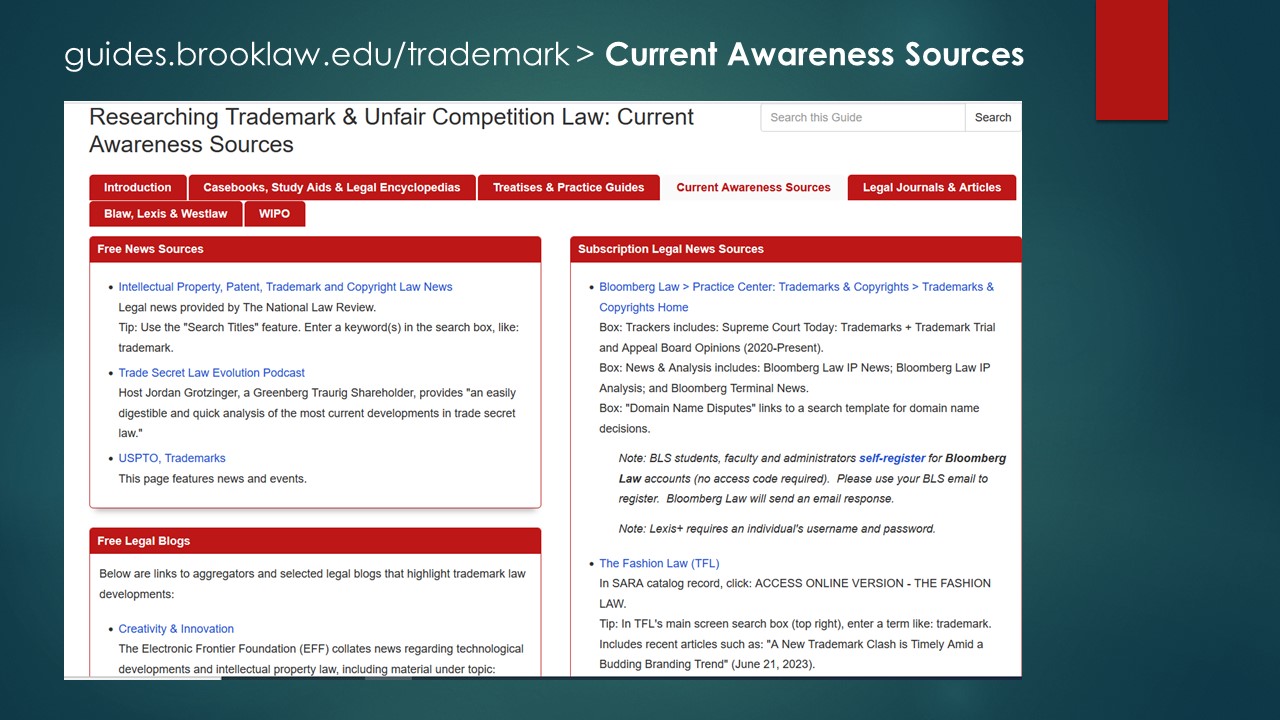This Thursday (April 11) at 1 pm on the first floor of BLS Library, BLS Reference Librarians/Adjunct Professors of Law Loreen Peritz and Sue Silverman will offer a program on free sources for legal research. To accompany their program, Loreen Peritz also created this publicly-accessible research guide: Sources of Free Legal Research. Knowledge of reputable free sources can help you to conduct cost-effective research. Refreshments will be served at this program!
Also, our staff noticed that the two bulletin boards for student announcements of BLS events (located outside of BLS Library’s Nash reading room, by the third floor main elevators) were often overflowing with notices. So, there are now additional bulletin boards for your announcements. There are signs on the two center bulletin boards stating: This Week: Events. BLS students can place announcements about the current week’s BLS events on these two central boards. Students can place signs about BLS events occurring farther in the future (or events that might not have a specific date) on the additional bulletin boards.
Happy National Library Week!




